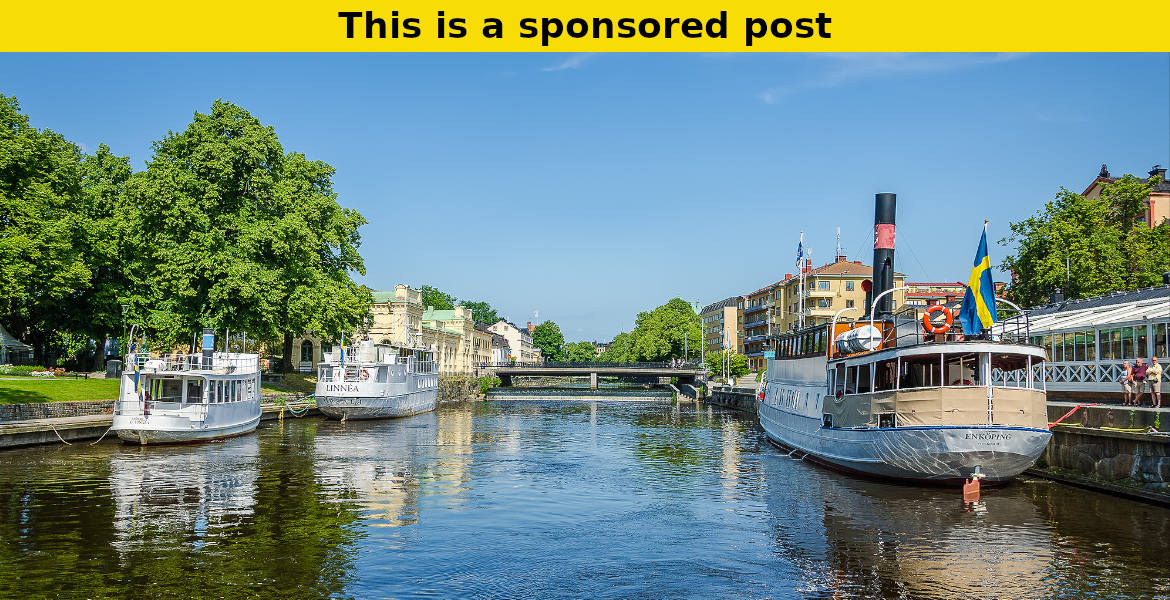The Nordic region, known for its high levels of innovation, social welfare, and technological adoption, is at the forefront of integrating artificial intelligence (AI) into its economy. As AI continues to evolve, its influence on industries, jobs, and the overall economy is profound, and the Nordic countries are no exception. While the adoption of AI promises economic growth and increased efficiency, it also poses challenges, particularly in terms of job displacement and the need for a skilled workforce. In this article, we will explore how AI is shaping the Nordic economy and the future of work in the region.
1. AI’s Role in Enhancing Economic Growth
AI is set to play a key role in boosting economic growth across the Nordic countries. The integration of AI technologies into various industries, from manufacturing to healthcare, is driving productivity improvements and enabling businesses to offer new, innovative services. In Sweden, for example, AI has been used to optimize supply chain management, reducing costs and increasing efficiency for companies operating globally source.
Moreover, Nordic countries have been quick to embrace AI in sectors such as telecommunications, energy, and finance. Finnish telecommunications company Nokia, for instance, is leveraging AI for network optimization and cybersecurity. Similarly, the banking sector in Norway and Denmark is increasingly adopting AI-driven solutions for fraud detection, customer service automation, and personalized financial services.
Beyond specific industries, AI is expected to contribute significantly to overall economic growth by increasing productivity across the board. A 2019 McKinsey report suggested that AI could add up to 1.5 percentage points annually to the growth rate of the global economy by 2030 source.
2. Transforming Traditional Industries
AI is also transforming traditional Nordic industries, such as manufacturing, gaming and shipping, which have long been the backbone of the region’s economy. In countries like Sweden and Finland, manufacturing is a key sector, and AI is being implemented to improve operational efficiency, reduce waste, and enhance product quality. AI-driven robotics and automation systems are taking over repetitive tasks, allowing human workers to focus on more complex, value-added activities.
In Denmark, AI is being used to optimize logistics in the shipping industry, reducing fuel consumption and emissions. The use of predictive analytics helps shipping companies forecast demand, optimize routes, and ensure that cargo is delivered on time. These advancements are not only improving the competitiveness of the Nordic region but also helping it maintain its position as a global leader in sustainable and environmentally friendly business practices.
However, the rapid digitalization and automation of these industries also come with a caveat: the potential loss of jobs in sectors that have traditionally relied on manual labor. While AI can create new roles, such as data analysts and AI engineers, it will also likely displace jobs in areas like routine manufacturing and logistics. This shift highlights the need for a carefully managed transition to prevent economic inequality and ensure that displaced workers are retrained for the jobs of the future.
3. The Future of Work in the AI Era
AI’s influence on the future of work in the Nordic region presents both opportunities and challenges. On the one hand, AI will create new types of jobs and increase demand for highly skilled workers, particularly in fields such as data science, machine learning, and AI ethics. On the other hand, certain jobs, especially those involving repetitive tasks, are at high risk of automation, leaving workers in industries like manufacturing, retail, and logistics vulnerable to job displacement.
In response to these challenges, the Nordic countries are investing heavily in education and skills training. Governments are working to ensure that workers have the skills necessary to thrive in an AI-driven economy. For example, Denmark has introduced several initiatives aimed at upskilling workers in AI and digital technologies. Finland, too, has launched free AI courses to the public, equipping citizens with the knowledge and skills needed to adapt to the rapidly changing job market source.
Moreover, AI’s impact on the nature of work is reshaping how businesses approach employment. Flexible work arrangements, including remote work, are becoming more common, as AI systems facilitate collaboration and project management across dispersed teams. Additionally, companies are experimenting with AI-driven systems for task allocation, performance tracking, and employee well-being, which are transforming traditional management practices.
4. Addressing Ethical and Societal Challenges
While AI offers many benefits, it also raises important ethical and societal concerns that Nordic countries are actively addressing. One key challenge is ensuring that AI systems are fair, transparent, and accountable. In Sweden, Norway, and Finland, governments are working with private companies and academia to develop AI guidelines that prioritize human rights, data privacy, and algorithmic transparency.
There is also a growing debate about how to ensure that the benefits of AI are distributed fairly across society. The Nordic countries, known for their strong commitment to social welfare, are uniquely positioned to lead the conversation on how to balance AI-driven economic growth with social equity. Universal basic income (UBI) and other forms of social safety nets have been discussed as potential solutions to mitigate the impact of job displacement and economic inequality in the AI era.
5. AI and Sustainability
AI’s potential to enhance sustainability aligns well with the Nordic region’s ambitious environmental goals. AI technologies are being used to optimize energy consumption, reduce emissions, and improve resource management in industries ranging from agriculture to energy production. In Norway, for example, AI is being applied to monitor and manage the country’s renewable energy grid, ensuring efficient energy use and reducing environmental impact.
Similarly, in Sweden and Finland, AI-driven technologies are playing a crucial role in enhancing environmental sustainability through smarter water management systems and the reduction of waste in supply chains. By integrating AI into sustainability efforts, Nordic countries are leading the charge toward a greener, more sustainable economy.
Nordic economy
AI is rapidly reshaping the Nordic economy, offering significant opportunities for growth, innovation, and sustainability. However, the challenges associated with job displacement, skills development, and ethical concerns cannot be ignored. The Nordic region is well-positioned to manage these transitions due to its strong focus on social welfare, education, and sustainability. As we move toward 2025, AI will continue to influence the way people work, how industries operate, and how economies grow. The key will be finding a balance between harnessing the benefits of AI while ensuring that the economic and social fabric of the Nordic countries remains strong and inclusive.







